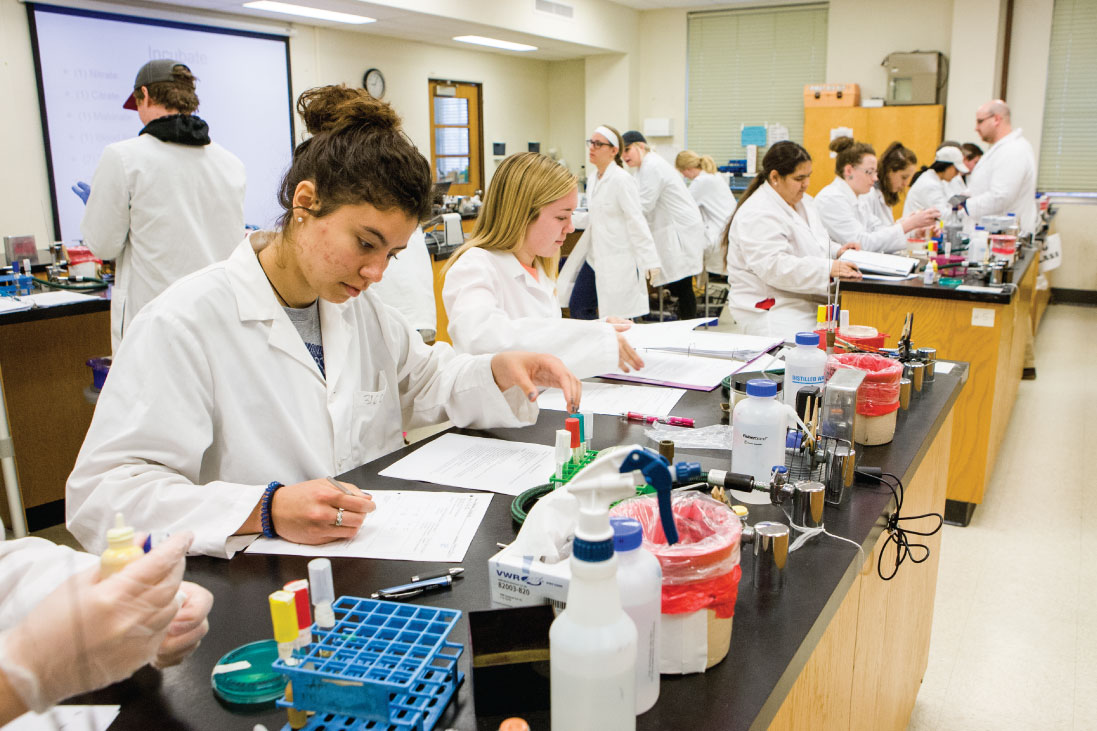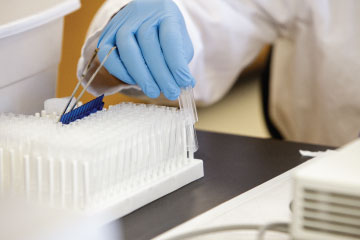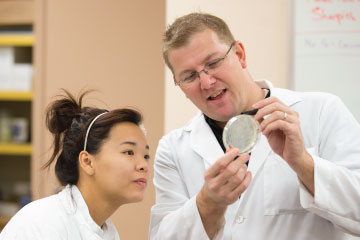Microbiology, Cell and Molecular Biology

Doctorate in Microbiology, Cell and Molecular Biology
The Microbiology, Cell and Molecular Biology program is designed to provide you with
advanced and comprehensive training in the skills required for working with microorganisms,
as well as an extensive understanding of all aspects of microbial life.

